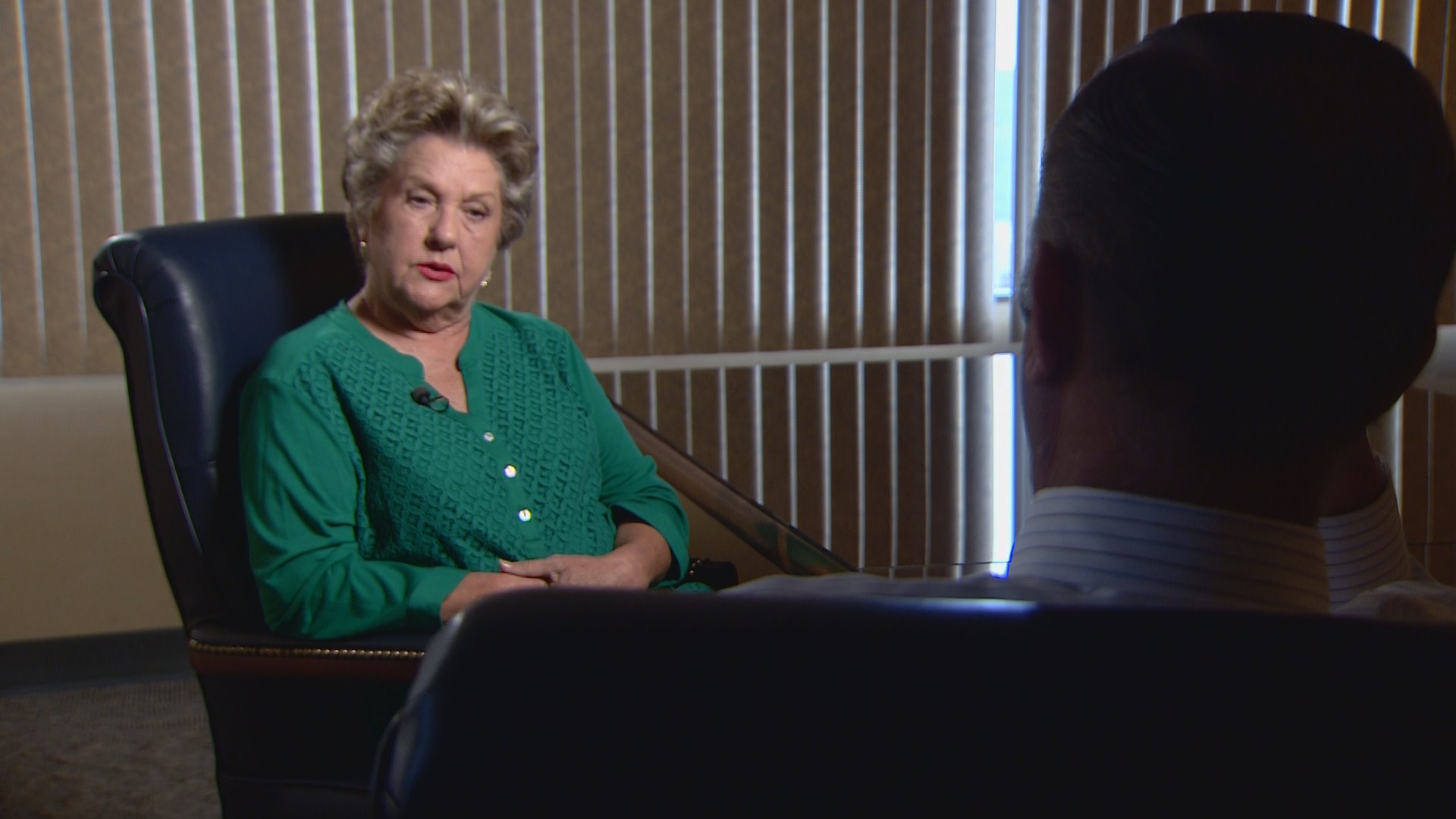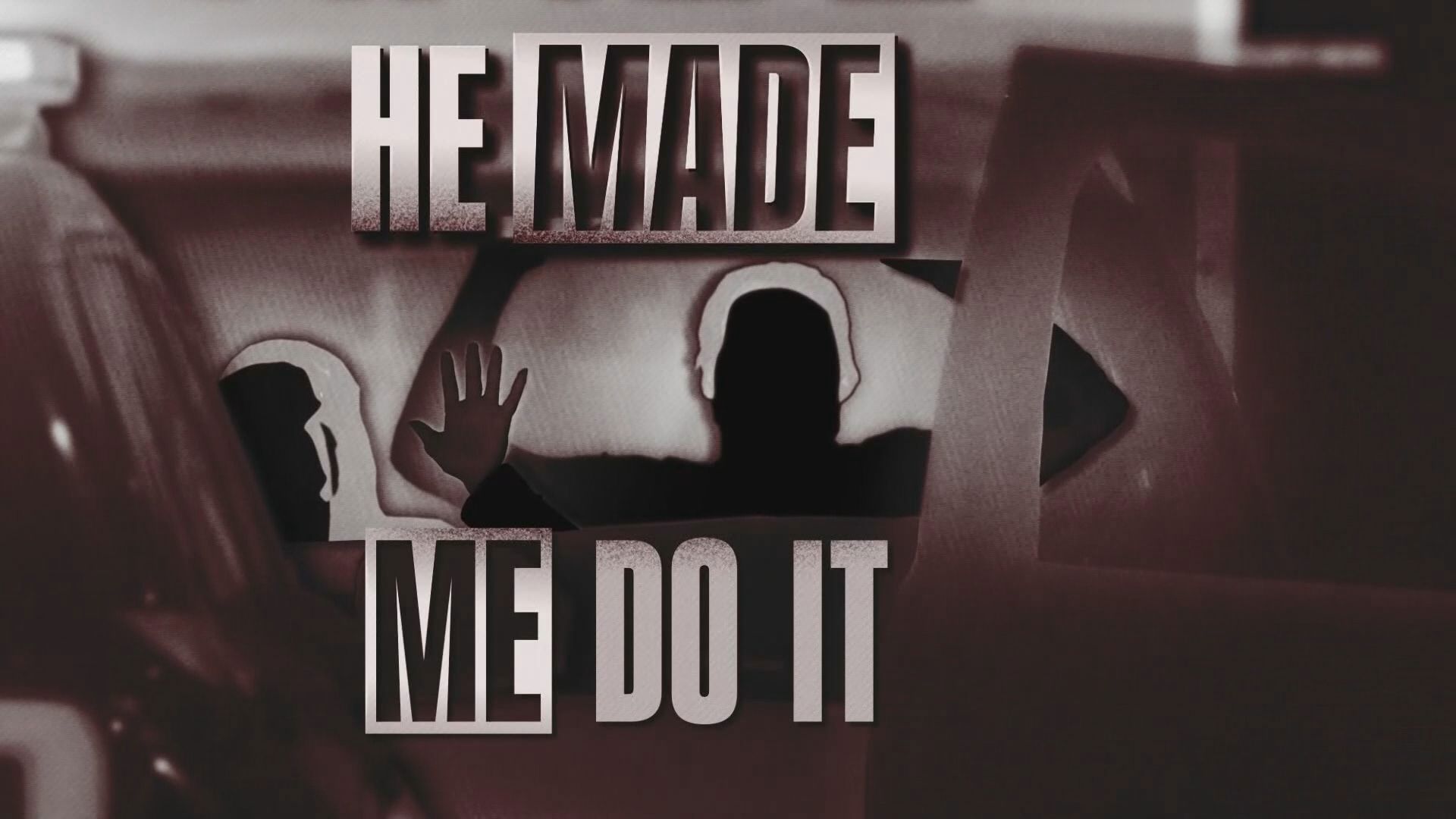George Farias says he just wants, like any other Texan to collect what is rightfully his. The question is: is money held in the state's unclaimed property division really his?
Farias is one of thousands of descendants of original Spanish land grant holders. They say proceeds from oil wells on those ancestral lands are theirs.
Attorney Eileen McKenzie-Fowler represents, what she says is more than 14,000 of the descendants who are trying to collect on that money.
Fowler has been working on the case for more than a decade and finally may be getting some traction.
Last legislative session House Bill 724 was passed, creating a commission to look into how much money was there and how would it be distributed to rightful heirs. Lance Bruun is the chairman of that commission.
Bruun says Fowler's claims that the money belongs to land grant heirs is "ridiculous."
He says there's no way an oil company would invest the amount of money they have to invest in drilling a well, just to risk losing it because you didn't know who owns the property.
The root of the issue may run as deep as Texas roots itself. Fowler claims the mineral rights are held by ancestors of the Spanish land grant recipients, because no court documents can be found which conclusively show those grantees ever conveyed the mineral rights to anyone else.
Bruun on the other hand says that issue was settled in the 1876 Texas Constitution. He claims, according to that document, mineral rights were relinquished to the then owners of the land, which took them out of the hands of the land grantees if they no longer owned the land.
There is also the question as to how much money has actually been paid to the state, since the settlement in the 1981 Getty Oil Agreement. That settlement mandates oil companies make a reasonable attempt to find the land owners. If that can not be done, over a three year period, the oil company would deposit that money with the state.
The state in turn would make a reasonable attempt to locate the rightful owner and if they could not be found, hold onto that money until such time as the rightful owner steps forth to claim the money.
The state Comptroller's office says it has paid out roughly $200 million of that money to claimants who have come forward, and still holds $367 million.
The Comptroller's office also says the descendants are way overstating the amount of money to which they could lay claim.
Francis Torres, who heads the Unclaimed Property Division says "a very small percentage of oil money comes in without identifying information. It's less than 1 percent that has no identifying information, about $400,000."
That's not much for each of the anticipated 40,000 descendants who could lay claim to the money. Fowler says the most any descendant could claim was 0.00042 percent. That's the percentage which could be claimed on each Spanish land grant. The total would depend on how many grants the descendant could prove to which he/she was tied.
At any rate, the Unclaimed Mineral Proceeds Commission must give their report to the Governor, Lt. Governor and Speaker of the House by January 1st, 2015. The commission is set to expire sometime in June. Fowler in the meantime has just landed some backup. The international law firm Morganroth and Morganroth of New York has agreed to work with Fowler to try to secure the proceeds for the descendants.


